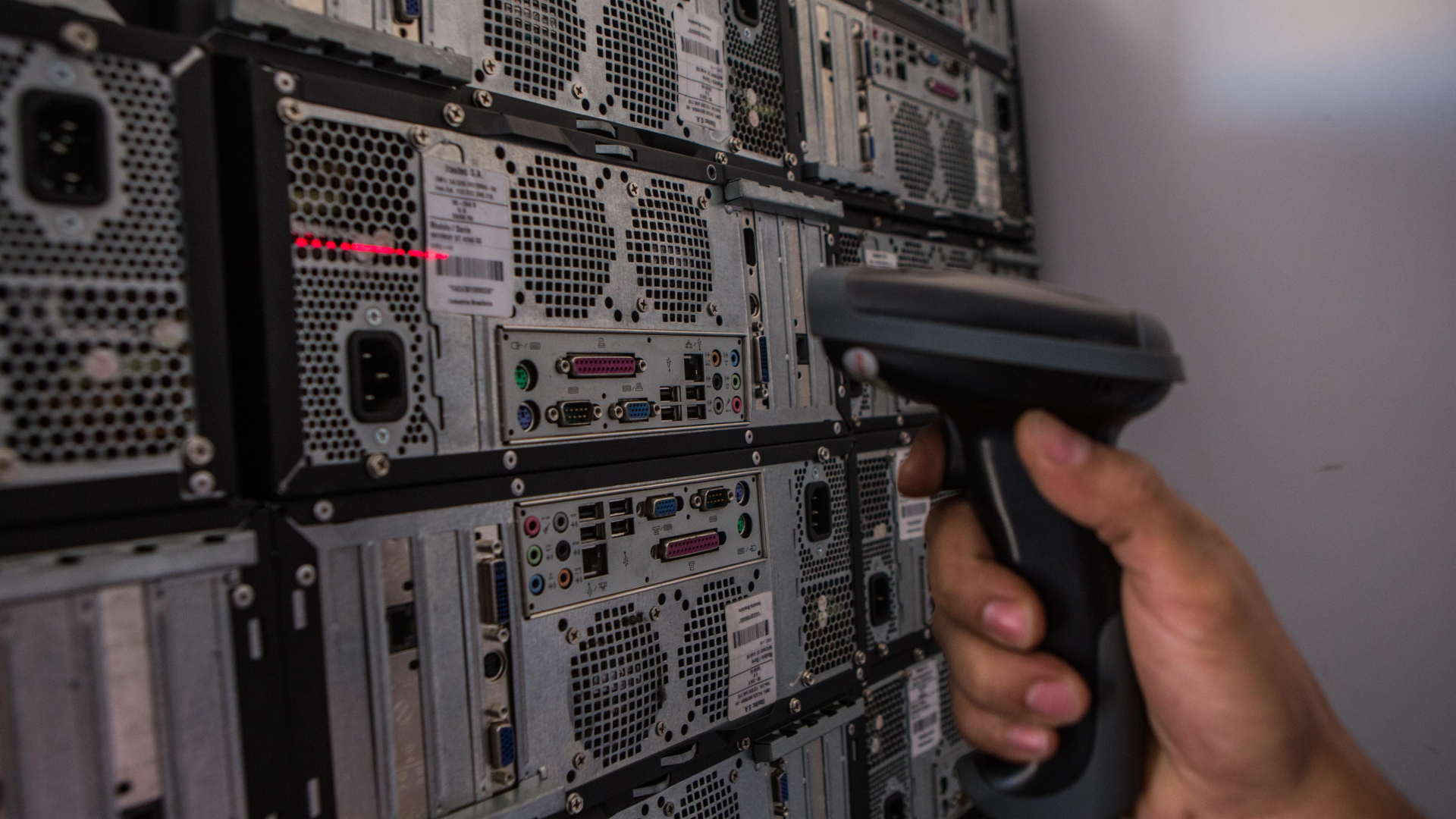We are living in a highly competitive world. One where many businesses leverage on the internet to get ahead of their competitors. Having a beautifully constructed website with rich SEO content is one way to drive traffic to your site and business. But just having a website is not enough.
As a matter of fact, a website could do more harm to your business than good. This is especially true if your potential customers are unable to fully access the site after being directed to it.
Indeed, website downtime is a real and present danger for most businesses online. It can adversely affect the reputation of the online business, diminish patronage, sales, and profits.
So, while having a website and online presence for your business is important, it is also necessary for you to understand that preventing website downtime is just as crucial.
Typically, website downtime can be categorized into Hard or Full website downtime and Soft or Partial downtime.
The former involves a situation where the entire website cannot be accessed by visitors. A HTTP error message may appear instead of the landing page of the site. You could also be directed to another site with dubious intentions, in a situation where the website was hacked into.
On the other hand, with Soft or Partial website downtime, the site fails to load properly. It may be too slow in loading part or all of the pages on the site. This type of website downtime is equally damaging to the reputation and business opportunities available to an online business.
It is therefore vital that you know some of those key factors responsible for website downtime, so that you can also know how to avert them.
Below are some of the major causes of website downtime that you should be aware of.
1. Hardware Failures
The first factor behind website downtime to consider is a pretty obvious one. Before you start checking other factors, the first thing you need to check out is your hardware.

Hardware failures are responsible for over 55% of website downtime experienced by small and medium scale enterprises with an online presence.
Imagine having a power outage and your backup generators fail to kick-on even after proper preparation. Your site would be offline for a period of time until power is restored.
2. Poor Quality Website Hosting
One other major factor behind website downtime has to do with the quality of the website hosting provider.
If you have a hosting provider offering poor services leading to frequent website downtime, you may need to reconsider your contract with them.
It is not unusual for hosting providers to carry out monthly maintenance which results in some level of downtime to the websites patronizing their hosting services.
However, if the hosting provider carries out unscheduled maintenance more often than normal, it could be detrimental to your online business.
Even if the hosting provider apologizes and offers some form of compensation, it would not make up for the immeasurable damage a website downtime can have on a business.
3. DNS Issues
DNS problems are important enough to lead to website downtime issues. Where there is a slight issue with the DNS, such as a misspelled nameserver, a website can experience downtime.
DNS issues are many and when troubleshooting to find out what is responsible for your website downtime, it is crucial that you take sufficient time out to check your DNS to either eliminate it as a cause or identify the problem with it.
4. DDoS Attacks
Crashed servers caused by multiple requests on a website by an individual or group of individuals is another factor responsible for website downtime.
This situation is known as "denial of service attack" or otherwise called a DDoS attack. With DDoS attacks, it really does not matter whether your website is or is not the target of the attacks.
If your site shares a hosting plan with the target website, a crashed server will cause the targeted website some downtime as well as your website.
However, if your website is being hosted on a dedicated server, it eliminates the possibility of DDoS attacks being targeted at another website and also helps you in discovering the source of such attacks and blocking it before it causes major harm to your server.
5. Malicious Hackers
The security protocol of your website is very important. Some websites like online casinos make use of advanced firewalls and 128-bit Secure Socket Language (SSL) technology to protect each page on their site from the whims of hackers.

Hackers are dubious characters that can shutdown your website for no obvious reason at all, other than the satisfaction that they are capable of doing so. However, their ability to bring down your site depends greatly on the level of security you have in place.
Hackers scan websites for any lapse in security or vulnerability by using bots. If you are unfortunate to have a website with weaknesses, these hackers will exploit it to the fullest.
6. CMS Issues
When there are a number of internal issues with your site, like errors with the database. Your website may experience problems loading pages. The pages may not load, they may load as blank pages or they may not load fully.
CMS Issues are also a cause for concern when it comes to website downtime.
If for example you own a WordPress-built website and a plug-in that is not compatible with the site is installed, it could lead to your website experiencing a downtime.
7. Lapses in Maintenance
The periodic maintenance of your website is something that you should not compromise.

The regular maintenance of your website affords you the opportunity to check both the hardware and software components of your site and ensure that they are in great working condition.
By maintaining the good habit of scheduled maintenance, you will be able to nip-in-the-bud any potential factor that could lead to your website's downtime.
Keeping a Vigilant Eye on Your Site's Downtime
The seven highlighted factors behind your website's downtime are all preventable. However, in the unfortunate event of a website downtime whether partial (soft) or full (hard), having in place a qualitative website monitoring system provided by a service provider that cares about the wellbeing of your website and business is important.
WebGazer is an uptime monitoring and analytics platform created to assist small and medium scale enterprises to operate online without the fear of detrimental website downtime.
So, the next time that you experience a downtime, try to find out the immediate cause. You can do so by first identifying the likely cause of the downtime and troubleshooting to resolve it as soon as possible.
